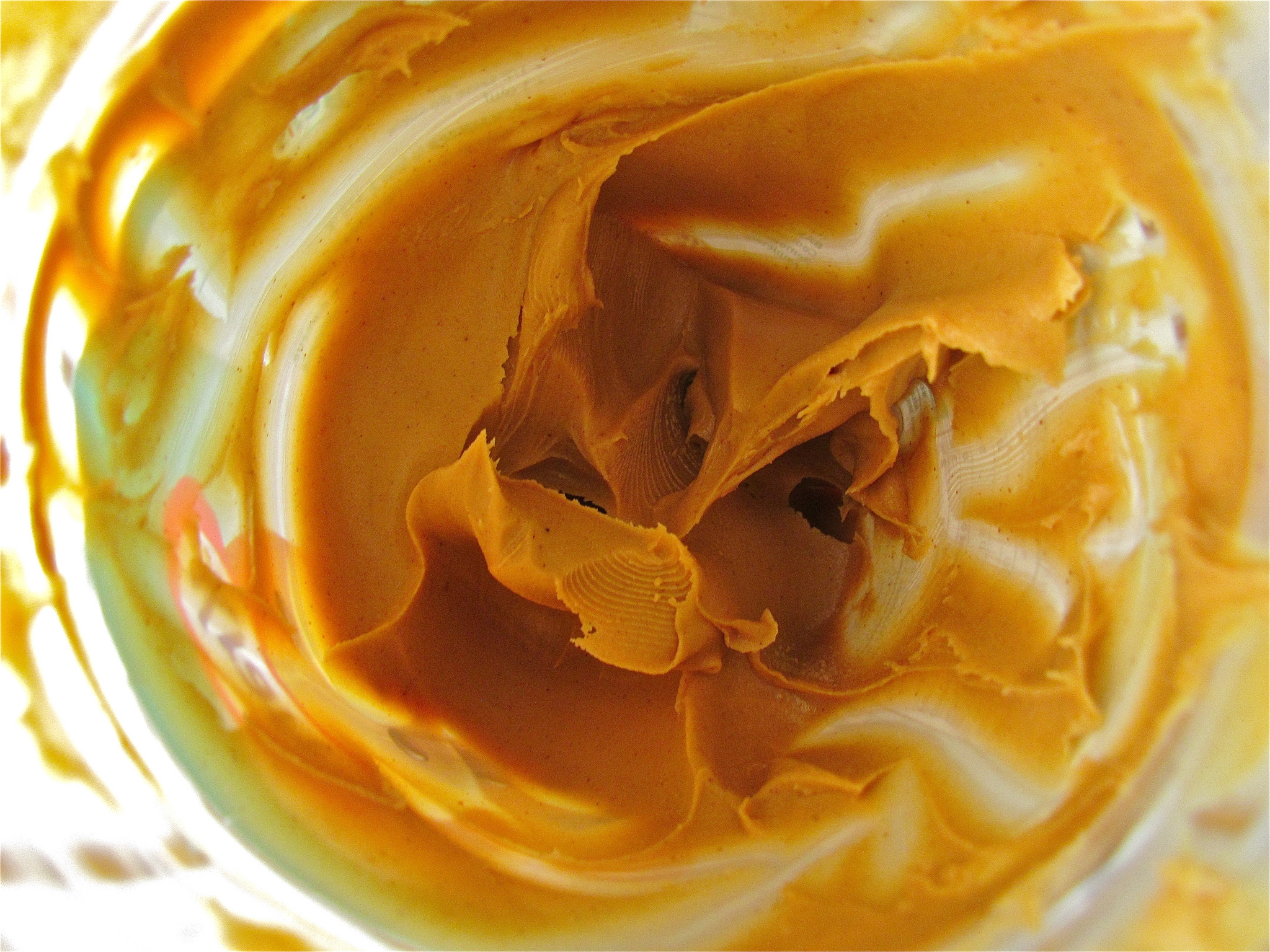Happy 4th everyone!!! Here is something to ponder upon while you are enjoying being a proud American (one who remembers to recycle that is).
We have all been there before. You are staring at the bottom of the peanut butter jar and, knowing full well how difficult it will be to get that sticky, messy, container clean, you start to wonder just how important it is to clean out your recyclables before throwing them in your curbside bin.
Being a responsible person you start to weigh out all the options. Do I take the time to wash it squeaky clean? Will a quick rinse do? What about water conservation? Should I just put it in the trash?
It is first important to note that not all recycling centers have the same policy on this, so please check with your local hauler or recycling facility for the most accurate results regarding your recycling bin contents. But after my own conversations with the operators and tour visits of local facilities (including the Monroe County Recycling Center), I have learned that I may have previously underestimated just how important it is to clean out your recyclables. In all fairness, the industry has changed over the years. There is much less hand-sorting (a.k.a. “man power”) as sorting machines have advanced. With most material recovery facilities (MRFs) handling materials as single stream or commingled, one issue is that the food/liquids can degrade the quality of valuable paper. When paper used to be kept separate, it did stayed cleaner. But now businesses may lose a rebate for paper that is commingled with other recyclables since the degraded quality is not worth as much.
Of course, there is also the more obvious concern of sanitation. That’s why its especially important to clean out food products that have the potential to attract pests. You cannot walk into a MRF without noticing the smell of “garbage”. Many times overly dirty items will be yanked off the line and sent to the landfill first anyways. One operator told me point blank, “If you are not going to clean a really dirty item like a peanut butter jar, you are better off putting it directly in the trash.” After all, the MRF operators are really just the middle-men in the recycling market. After they have done the sorting, they send bails of recyclables out to recycling companies and are allowed a certain percent of contamination per load. With much of the recycling market being overseas in China, the greater distance that materials must travel before reaching their recycling destination allows for more opportunity for odors and pest to take over. They sometimes face fees for overly dirty loads and even have had contaminated loads sent back.
Here’s a trick I’ve learned to get the stubborn ones clean (like the infamous peanut butter jar). Put a small drop of soap in the container, fill it with water (hot water works best), put the lid back on and let it soak for a few hours. Then, give it a good shake and with one last rinse the mess will come out easily.
O.K. I get that it’s a big mess down the line, but what about water conservation? This is a valid concern. Right now in Rochester we are not facing a drought (yet), but as our lawns are brown and the weeds are taking over, it is a good reminder for many of us to be thinking about conserving our water. Here is a great tip from Ask Umbra of Grist.org who spoke with Jimmy Tokeshi, public information officer for the Los Angelas Public Works department:
“Tokeshi recommends wiping out wide-mouth containers with a used napkin or paper towel (don’t forget, you can compost that!), sans water. If you’re the cloth-napkin type, a flexible kitchen spatula works just as well.”
For many MRFs using a water-less method may not be enough. But you can use this method first to remove most of the material and then use less water as a result. Ask Umbra also suggests using your sink-full of dishwashing water to clean your containers. Reuse at its finest! Problem solved.
Photo from flickr.com

